Mhalta
The city of Mhalta is on the east coast of Iber Bay at the mouth of the Luena River. The east end of the bay is relatively shallow, so the docks at Mhalta are able to handle many types of ships, but not oceangoing vessels with a deep draft. The city does have a good-sized fishing fleet whose boats have Iber Bay mostly to themselves, as the other cities on the bay host relatively little fishing.
Mhalta was the capital city of the Kingdom of Alcaldar for over 3,000 years, and has been the capital of the empire now for nearly 300 years. As the country has grown in influence and power, so the capital city has increased in population and activity. It has a beautiful temple to Muir, and a smaller one in the same style to Thyr, surrounded by a garden of flowers. (It also has smaller chapels in other neighborhoods, so those who attend at the principal temple do not have to rub shoulders with the entire city.) Mhalta has its own university, an expensive school attended mostly by scions of the noble families of Alcaldar and by students from very wealthy houses whose parents hope to see them serve at court rather than go into trade.
Mhalta’s most important function is to house the palace and the imperial court. That means it also welcomes hundreds of foreign visitors and plays host to all sorts of pageantry. The imperial court of Alcaldar has always been very formal, so the Clothing Workers’ Guild of the city (which makes most of the court attire for the nobles present) is extremely important and well-off. Another important group right now are animal trainers, as the court is experiencing a recurrence of the fad of nobles having exotic animals as pets. Whether it is a cheetah on a gold leash, one of the grassland cats called pajeros, a tiny monkey from the southern jungles, or a brightly-feathered bird that can be taught to talk, many nobles keep unusual pets in their homes and some even show them off in public.
The queen’s court is full of gossip and rumor, as everyone — high and low — tries to get information to better their own position or find a way to exert a little power. Though some degree of dissent is tolerated (at least, in certain matters), with the high ecclesiast often at the queen’s shoulder, those who disagree are very careful about it. For instance, some traditionalists in her court complain quietly that the queen favors women when appointing people to positions of authority, and that she gives overly much attention to the noble families of southeast Alcaldar where she spent many summers with her mother’s relatives at Estancia Galdames. However, no one has had the temerity to bring these whispers to the queen’s attention.
The common people of Mhalta may as a whole be a bit better off than most of the rest of the country; plenty of visitors means plenty of opportunities for folks to earn a little coin and possibly to have a little excitement in life. Even the poor have it slightly better; with many nobles in town eager to prove their piety, almsgiving is high and the churches are often able to help those down on their luck. (Residents of haciendas and estancias are discouraged from moving to the cities, though, so relatively few countryfolk come to Mhalta to try to improve their lot in life.) The holdings of the high-born and wealthy take up so much space inside the city that middle-class residents are cramped into small living spaces ringing the city center and the lower class is mostly located outside the wall entirely. The lower quarters stretch from the docks around the north and south sides of the city, but very few settle outside the city toward the east. Even though the Nazarre Mountains proper are several miles from the Mhalta, strange things are said to come down and prowl the inhabited area between the mountains and the city wall.
Settlement
Mhalta, City of (Capital)
Type
Capital
Owning Organization


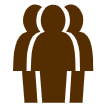
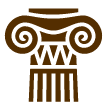


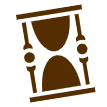
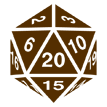


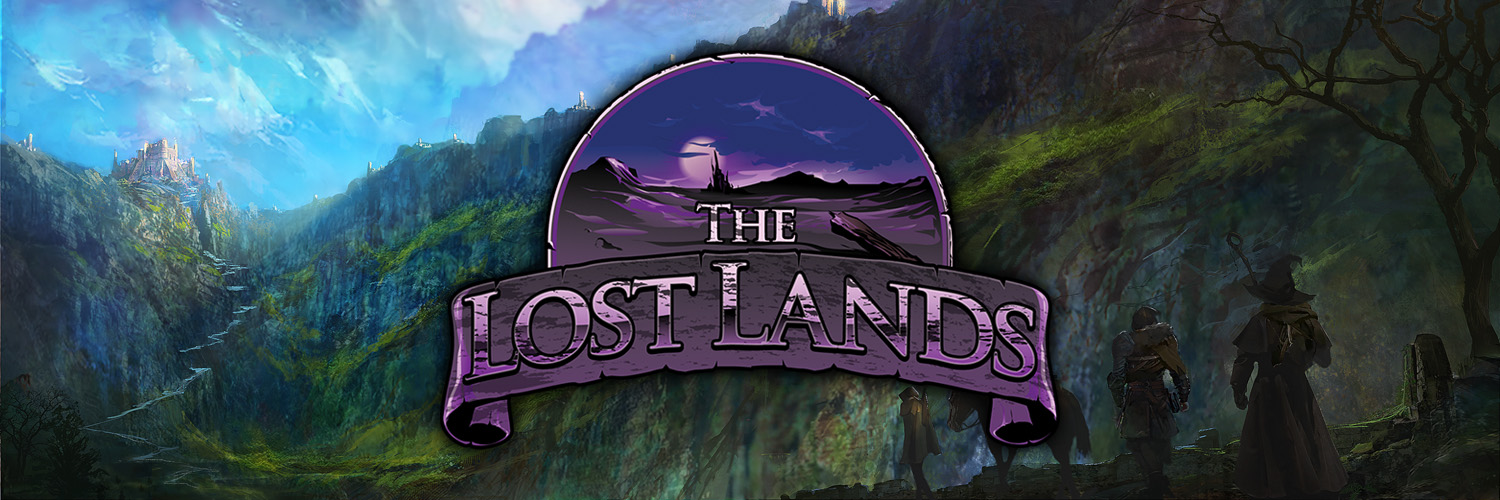
Comments